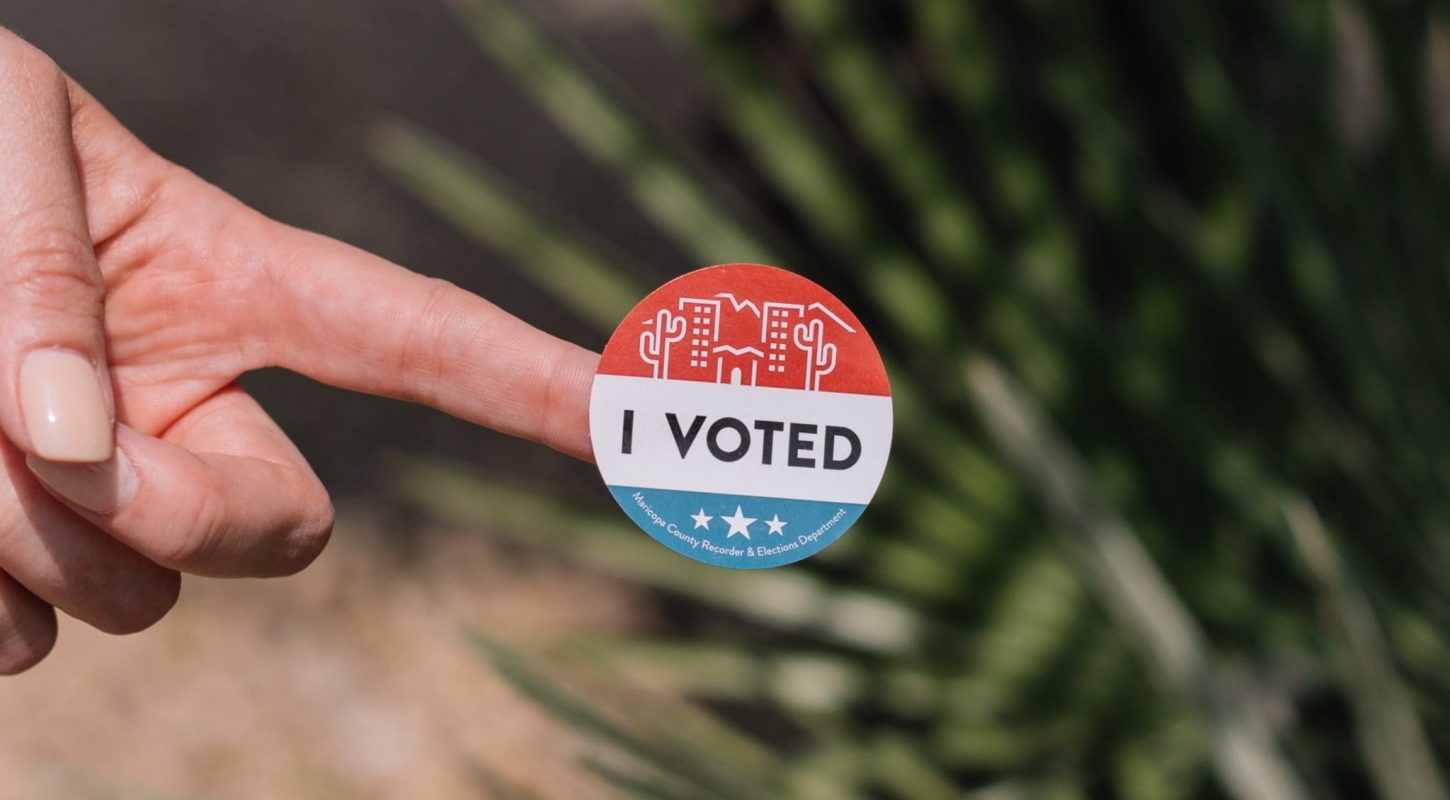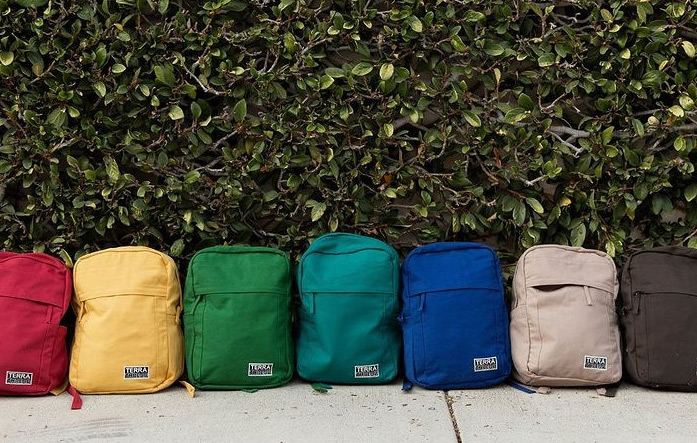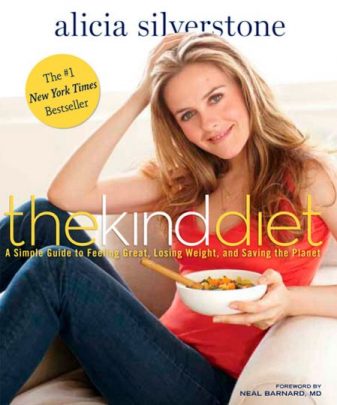So you think your vote doesn’t matter…
Picture this: it’s November, 2012. You’re working and it’s cold and you don’t feel like rushing home to vote in the general election. What does it matter, anyways? In a wave of Americans voting, your singular vote doesn’t make much of a difference. Fast forward to Thanksgiving, in which your family is all talking about how proud they were to cast their votes. You learn that in your hometown, Barkhamsted, CT, the presidential vote was a tie. You realize that your vote could have been the tiebreaker had you voted. This is the story of my cousin, but it isn’t his alone. Over the last two decades, more than a dozen races were decided by a single vote or ended in a tie. And while presidential and other federal elections usually garner larger voter turnout, local elections are usually decided by a much smaller group of voters. Low turnout for races for mayors, council members, and other local offices mean that decisions are made by a limited number of voters, making your single vote even more statistically meaningful. Your vote increases your preferred candidates’ probability of winning and helps get policies passed that reflect your and your community’s needs.
What are your community’s needs?
These are some of the issues that are up for grabs this election:
- Climate chaos:
○ As California burns, the United States is pulling out of the Paris climate accord. The US leads most of the world in carbon emissions and instead of setting ambitious goals to reduce greenhouse gas emissions, the current administration is rolling back regulations. The Trump administration has officially reversed, revoked, or rolled back nearly 70 environmental rules and regulations, with more than 30 additional rollbacks still in progress. Trump is the only president in U.S. history to have removed more public lands than he protected. He’s also:
■ Weakened protections for more than half the nation’s wetlands
■ Withdrawn the legal justification for restricting mercury emissions from power plants
■ Cut back protected areas and limited wildlife protections, opening up more land for oil and gas leasing (such as the Arctic)
■ Reversed an Obama-era rule that barred using bait (like bacon and grease-soaked donuts) to lure and kill bears into traps, and now allows hunters to kill wolves and pups inside of their dens.
- Women’s issues are economic issues:
○ The US is ranked 27th worldwide in public education and healthcare.
○ One in four women in the U.S. goes back to work just 10 days after giving birth.
○ Some childcare programs cost more than a college education. Single parents in the US spend nearly 40% of their income on childcare. Parents have to make the decision between paying thousands of dollars a month for child care or quitting their jobs and putting their careers on hold because they simply cannot afford childcare. Lack of childcare in American costs us $57 billion each year in lost earnings, productivity and revenue.
○ If our country had more family-friendly policies such as universal child care and paid family leave, we could add more than 5 million more women to our workforce and an additional $500 billion to our economy.
- Healthcare
○ The Affordable Care Act (ACA) mandated that employers offer insurance covering contraception, the rate of use of these methods more than quadrupled between 2002 and 2017 and the median out-of-pocket cost for birth control among insured patients fell to $0 after the ACA was passed. The current administration weakened the ACA’s contraceptive mandate, allowing employers to deny birth control coverage if they had a religious or moral objection.
○ In the midst of a global pandemic, the Trump Administration pushed full steam ahead to completely gut the Affordable Care Act, which provides over 20 million Americans with health insurance coverage in 2020. Many Americans are facing layoffs and losing health insurance because of the (atrocious response to the) COVID-19 pandemic, and need low-cost care more than ever.
○ This administration has also taken aim at Title X, the only federal program dedicated to providing family planning services for low-income patients. Title X provides services like contraceptive counseling and cervical cancer screenings to approximately four million people per year. The Trump Administration’s domestic gag rule slashed Title X capacity, jeopardizing care for 1.6 million American women.
All these issues and more are on the ballot. Reproductive rights are on the ballot. Our children’s future is on the ballot. Our healthcare is on the ballot. LGBTQ rights are on the ballot. Your priorities are on the ballot in the form of candidates and propositions. Your vote affects ALL of this. Imagine having representatives that understand these issues at a visceral level?
To solve these problems, we need to elect some tough mothers…
By age 44, 86% of American women are mothers. Yet only 5% of our congressional representatives are mothers of children 18 and under. Why? Mothers face extraordinary structural and cultural barriers to working in general (side-eyeing our major pay gap and lack of promotions given to mothers compared to fathers) – but especially running for office. That’s where Vote Mama comes in. Vote Mama is working to remove the barriers mothers face when running for office up and down the ballot and across the country, because when mamas have a seat at the table, conversations and priorities shift. Moms are more likely to introduce legislation that prioritizes the needs of American families, like universal childcare and paid family leave. Moms are effective AF- Mamas with kids 18 years old and younger introduce five more pieces of legislation than other representatives do during their tenure. This legislation includes family friendly policies like paid family leave, affordable childcare and housing, funding for education, and healthcare. The best way to change the decisions of lawmakers is to change who the lawmakers are.
Ok you get that your vote “counts,” but how do you make sure it’s actually counted?
It’s true: the COVID-19 pandemic is creating unprecedented challenges to casting a vote. Boards of Election are grappling with processing ballots at an unprecedented rate. How can you be sure your vote is counted?
- Make sure you’re registered. Make sure you’re registered to vote! Each state has different laws surrounding deadlines to register for this election- check your registration status and state’s deadlines here: https://www.usa.gov/confirm-voter-registration.
- Voting in person: If you are healthy and feel comfortable, vote in person. Even better if your state has early voting, vote early! Lines will be shorter and you’ll have more flexibility on when you can get to the polls. Check your early voting polling location and hours here: https://www.vote.org/polling-place-locator/
- Voting by mail: make sure you follow the instructions. Absentee ballot requirements differ state by state, and it’s important to know what you need to do in order for your ballot to be valid. Here’s your list of questions to ask yourself as you read your ballot instructions:
- Are your name and address correct? Do the names and addresses on your ballot and envelope match? If not, call your Board of Elections.
- b. Do you need a witness to watch you fill out your ballot?
- What color ink is allowed? Note: do not use pencil!
- Are you careful not to make any stray marks? Are you instructed to select multiple choices?
- Do you need to enclose a copy of your ID with your ballot?
- Do you have a secrecy sleeve (an interior envelope)? If so, place your ballot in the secrecy sleeve and seal it before placing it in the larger envelope.
- Have you signed and dated in all the required places on your envelope? Does your signature match the signature the state has on file for you? If your state requires a witness, have they signed and dated in all the required places in their section?
- Have you sealed your envelope? Does your state allow you to secure your envelope using tape?
- Do you need return postage? If so, how much postage do you need? Alternatively, can you drop your ballot in a dropbox or directly to the Board of Elections? When is it due by? Mail or deliver your ballot as early as possible.
- Most Importantly: know what you’re voting for. Research who and what is on your ballot and what they stand for. You can look up your sample ballot and who is on it here: https://ballotpedia.org/Sample_Ballot_Lookup
Okay so you’ve voted. Is there anything you can do to help beyond vote? YES! There’s so much to do. Here are some of your options:
- Be a poll worker. As a poll worker, you set up, prepare, and close a polling place, verify voter registrations, help voters understand their rights and the voting process, and show voters how to use the voting equipment. Find out how to sign up at: https://www.powerthepolls.org/
- Be a voter protection volunteer. Reach out to voters to make sure they know their rights, monitor social media for misinformation, work on the Voter Assistance hotline, and protect voting rights at the polls during in-person voting. Sign up at: https://votesaveamerica.com/
- Feed hungry voters. Sometimes, poll lines get long! Voters have to wait for hours, Volunteer to bring voters water, snacks, masks, and hand sanitizer at your local polling place! https://polls.pizza/
- Support your favorite candidates and organizations. Vote Mama supports mamas from School Board to U.S. Senate across the country. Support our efforts by volunteering to phone bank for our candidates or help us provide financial support to our mamas! You can also join Vote Mama for an evening with Senator Elizabeth Warren or with all your favorite Mom Celebrities in Los Angeles. https://votemama.org
- Call your representative and ask them to support The For The People Act of 2019 (H.R. 1, 2019). HR1 would strengthen American democracy and return political power to the people by:
- Expanding voter registration and voting access, and limit removing voters from voter rolls.
- Developing a national strategy to protect the security and integrity of US election institutions
- Limiting the influence of private donor money in politics.
- Limiting partisan gerrymandering.
- Establishing an alternative campaign funding system for certain federal offices (federal matching of small contributions for qualified candidates).
- Requiring candidates for President and Vice President to submit 10 years of tax returns.
- Strengthening ethics rules.
What’s your plan to vote? What are you voting for in this election? Is it healthcare, the environment, paid family leave, affordable child care? Whatever it is, make sure your voice is heard. If you’re interested in supporting badass moms running for office, contact me at info@votemama.org and I’ll get you set up with ways to help.
Sarah Hague is Vote Mama‘s Political Director. Sarah is a political social worker dedicated to getting womxn elected at every level of government in every part of the country. She is a painter, yoga lover, and dog mom to Ruth Barker Ginsburg. She believes that Black lives matter.




